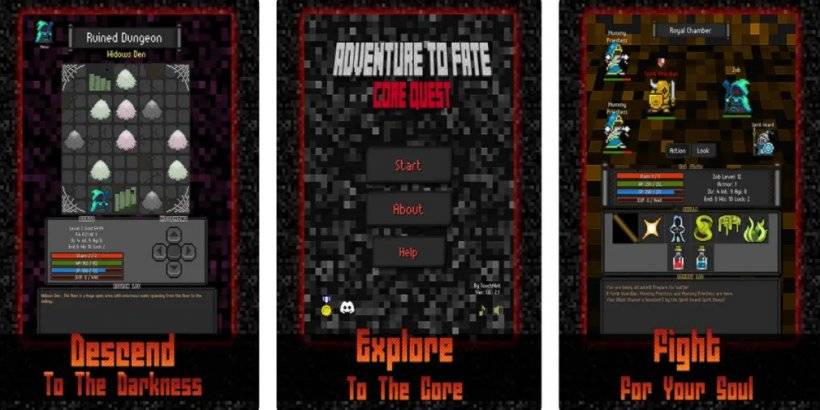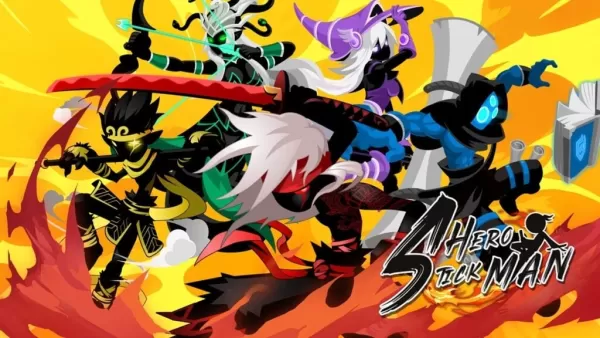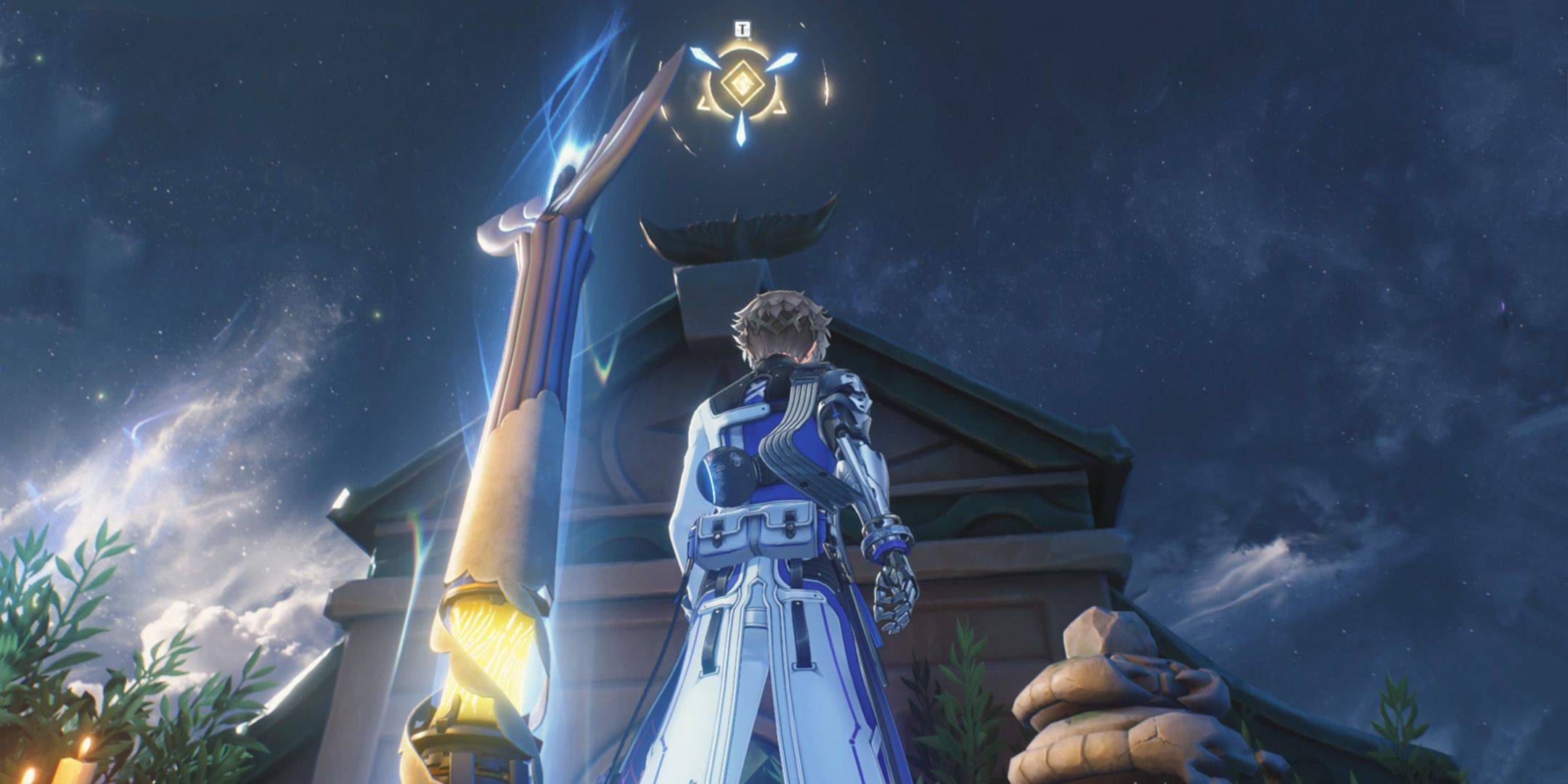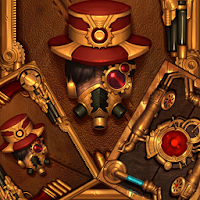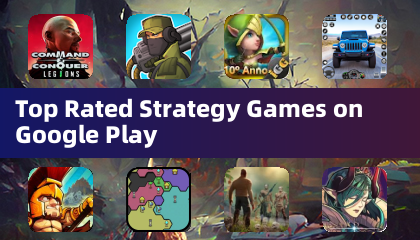As video game development costs continue to soar, major publishers are increasingly turning to controversial AI tools to streamline processes and reduce expenses. For instance, Call of Duty reportedly sold an "AI-generated cosmetic" for *Call of Duty: Modern Warfare 3* in late 2023, sparking fan accusations that Activision used generative AI for a loading screen the previous year. Meanwhile, EA emphasized in September that AI is "the very core" of its business strategy.
In a recent interview with Google Cloud Japan, Kazuki Abe, a technical director at Capcom with credits on blockbuster titles like *Monster Hunter: World* and *Exoprimal*, shed light on how the company is harnessing the power of AI in its game development workflow. Abe highlighted that one of the most labor-intensive aspects of game creation is generating the "hundreds of thousands" of unique ideas needed for in-game environments. He pointed out that even simple objects like televisions demand unique designs, logos, and shapes. "Including unused ones, we ended up having to come up with hundreds of thousands of ideas," he remarked (via Automaton).
Abe explained that each game requires multiple proposals for thousands to tens of thousands of these objects, with each proposal needing illustrations and text to effectively communicate the concept to art directors and artists. Recognizing an opportunity for efficiency, Abe developed a system where generative AI can analyze various game design documents and produce ideas. This system not only accelerates development but also provides self-feedback, continuously refining its output.
Abe's prototype, which leverages multiple AI models including Google Gemini Pro, Gemini Flash, and Imagen, has reportedly garnered positive feedback from Capcom's internal development teams. The implementation of this AI model is expected to "reduce costs significantly" while simultaneously enhancing the quality of the output compared to traditional manual methods.
Currently, Capcom's exploration of AI models is confined to this system, leaving other critical areas of game development—such as ideation, gameplay, programming, and character design—firmly in the hands of human creatives. This strategic use of AI underscores Capcom's commitment to innovation while maintaining the human touch in game development.


